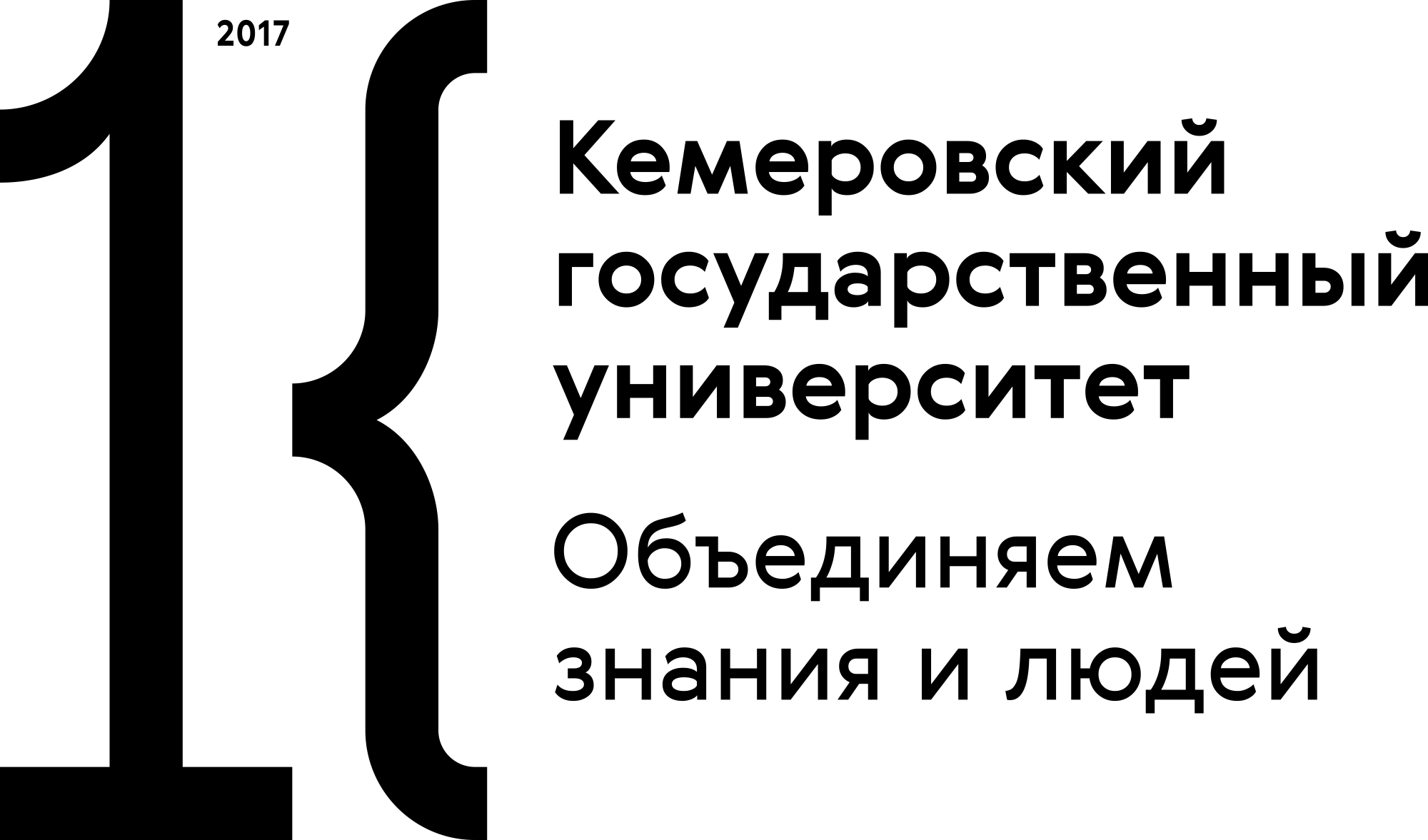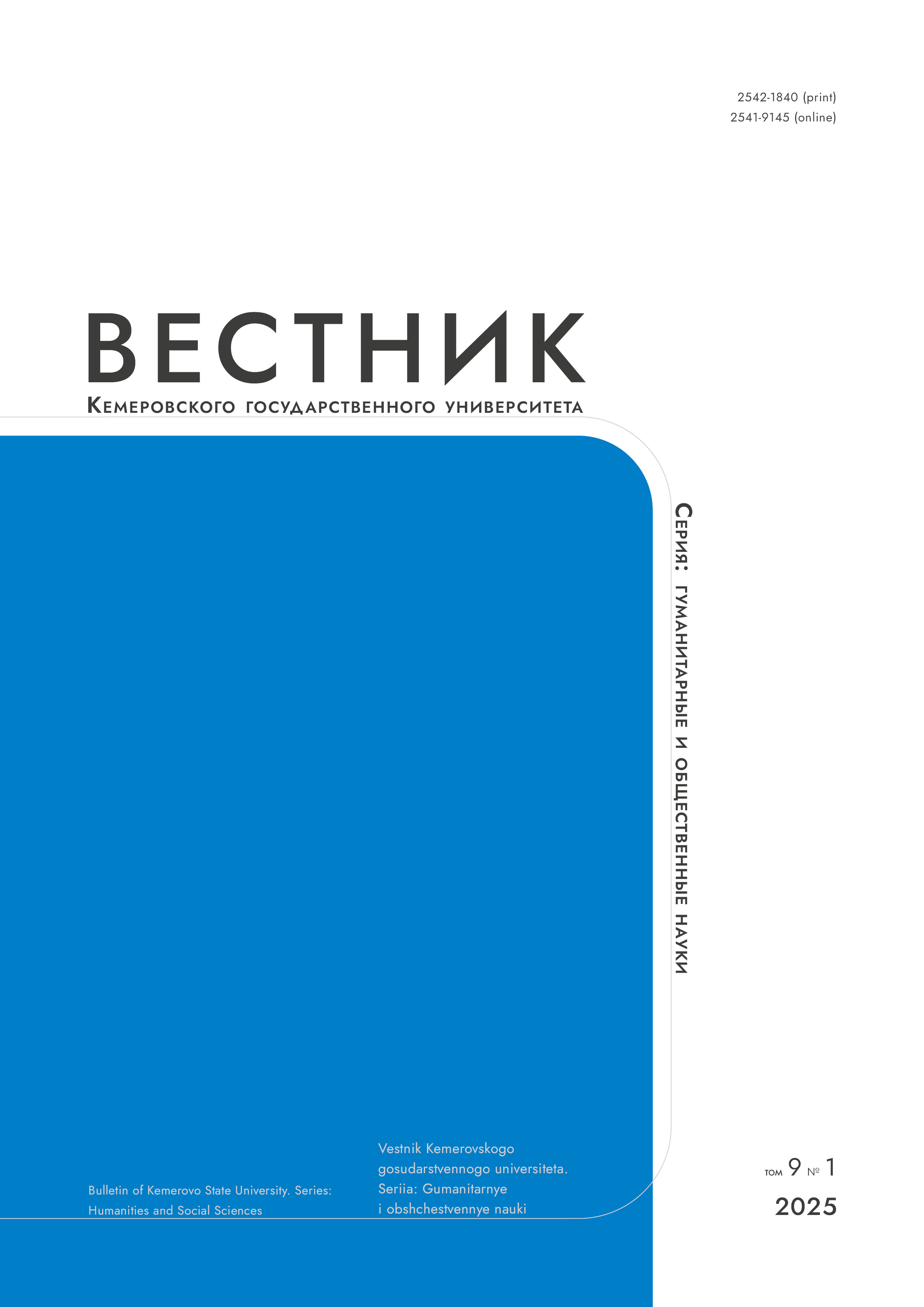Kemerovo, Russian Federation
Kemerovo, Russian Federation
Individual motivational factors depend on the intellectual potential. The research objective was to identify the characteristics of motivating students with different levels of intellectual abilities based on the motivational and intellectual spheres of their personality. The study was conducted at the Siberian Polytechnic College and Algorithmics Programming School, Kemerovo. It involved 85 students aged 15–19 y.o. R. Amthauer’s Intelligence Structure Test made it possible to determine their dominant motivations and psychometric intelligence indicators. The data were processed in line with the Fisher’s multifunctional φ-angular criterion. Students who stated self-development and professional achievements as their dominant motivations differed in cognitive abilities. The analysis can be of practical importance for teachers and psychologists. It provides a better understanding of how motivational factors can affect academic process and may help to customize approaches to teaching based on a more effective interaction between teachers and students.
psychology of learning, cognitive processes, motivational sphere of personality, psychometric intelligence, metacognitive beliefs, cognitive abilities
1. Velichkovsky B. M. Cognitive science. Fundamentals of epistemic psychology. 2nd ed. Moscow: Iurait, 2020, vol. 1, 405. (In Russ.) https://www.elibrary.ru/nbmekf
2. Maslow A. Motivation & Personality. 3rd ed. St. Petersburg: Piter, 2019, 400. (In Russ.)
3. McClelland D. C., Atkinson J. W., Clark R. A., Lowell E. L. The achievement motive. New York: Appleton-Century-Crofts, 1953, 333. https://doi.org/10.1037/11144-000
4. Herzberg F. The Motivation to Work. New York: Wiley, 1959, 157.
5. Vroom V. Work and Motivation. New York: Wiley and Sons, 1964, 331.
6. Ryan R. M., Deci E. L. Intrinsic and extrinsic motivation from a self-determination theory perspective: Definitions, theory, practices, and future directions. Contemporary Educational Psychology, 2020, 61. https://doi.org/10.1016/j.cedpsych.2020.101860
7. Gordeeva T. O. Psychology of achievement motivation. Moscow: Smysl; Akademiia, 2006, 336. (In Russ.)
8. Vansteenkiste M., Simons J., Lens W., Sheldon K. M., Deci E. L. Motivating learning, performance, and persistence: the synergistic effects of intrinsic goal contents and autonomy-supportive contexts. Journal of Personality and Social Psychology, 2004, 87(2): 246-260. https://doi.org/10.1037/0022-3514.87.2.246
9. Niemiec C. P., Ryan R. M. Autonomy, competence, and relatedness in the classroom: Applying self-determination theory to educational practice. Theory and Research in Education, 2009, 7(2): 133-144. https://doi.org/10.1177/1477878509104318
10. Locke E. A. Toward a theory of task motivation and incentives. Organizational Behavior and Human Performance, 1968, 3(2): 157-189. https://doi.org/10.1016/0030-5073(68)90004-4
11. Traditions and prospects of activity theory in psychology: A. N. Leontiev’s school, eds. Voiskunskii A. E., Zhdan A. N., Tikhomirov O. K. Moscow: Smysl, 1999, 429. (In Russ.)
12. Leontiev A. N. Action. Cognition. Personality. 2nd ed. Moscow: Smysl; Akademiia, 2005, 352. (In Russ.)
13. Kheckhausen H. Motivation and action. 2nd ed. Moscow: Smysl; St. Petersburg: Piter, 2003, 860. (In Russ.)
14. Huang C., Wu X., Wang X., He T., Jiang F., Yu J. Exploring the relationships between achievement goals, community identification and online collaborative reflection: a deep learning and bayesian approach. Educational Technology & Society, 2021, 24(3): 210-223. https://www.jstor.org/stable/27032866
15. Kuhl J. A functional-design approach to motivation and self-regulation: the dynamics of personality systems interactions. Handbook of self-regulation, eds. Boekaerts M., Pintrich P. R., Zeidner M. San Diego: Academic Press, 2000, 111-169. https://doi.org/10.1016/b978-012109890-2/50034-2
16. Reeve J., Jang H. What teachers say and do to support students’ autonomy during a learning activity. Journal of Educational Psychology, 2006, 98(1): 209-218. https://doi.org/10.1037/0022-0663.98.1.209
17. Vallerand R. Toward a hierarchical model of intrinsic and extrinsic motivation. Advances in Experimental Social Psychology, 1997, 29: 271-360. https://doi.org/10.1016/S0065-2601(08)60019-2
18. Suman Ch. Implications of extrinsic motivation and mindset in learning. Peer Review Journal, 2023, 1: 43-58. https://doi.org/10.5281/zenodo.8154558
19. Ibrahim M., Baharun H., Harun H., Othman N. Antecedents of intrinsic motivation, metacognition and their effects on students’ academic performance in fundamental knowledge for matriculation courses. Malaysian Journal of Learning and Instruction, 2017, 14(2): 211-246. https://doi.org/10.32890/mjli2017.14.2.8
20. Volkova E. V., Dokuchaev D. A. Impulsivity-reflexivity and neuroefficiency of intellectual activity. Experimental Psychology, 2022, 15(2): 125-143. (In Russ.) https://doi.org/10.17759/exppsy.2022150210
21. Gardner H. Multiple intelligences: the theory in practice. New York: Basic Books, 1993, 320.
22. Vygotsky L. S. Lectures on psychology: thinking and speech. Moscow: Iurait, 2018, 459. (In Russ.) https://elibrary.ru/xdurpc
23. Vygotsky L. S. Developmental psychology: selected works. Moscow: Iurait, 2017, 302. (In Russ.) https://elibrary.ru/zsxdmd
24. Bozhovich E. D. Zone of proximal development: possibilities and limitations of its diagnosis in terms of indirect cooperation. Cultural-Historical Psychology, 2008, (4): 91-99. (In Russ.) https://elibrary.ru/ixlnjj
25. Tunik E. E. Amthauer’s intelligence test: data analysis and interpretation. St. Petersburg: Rech, 2009, 96. (In Russ.)


















